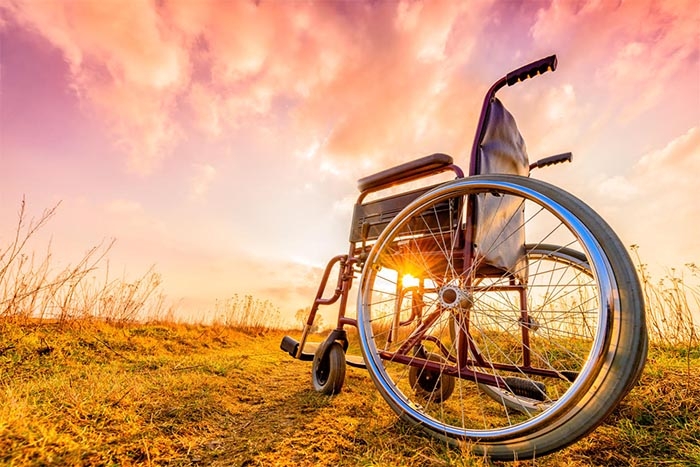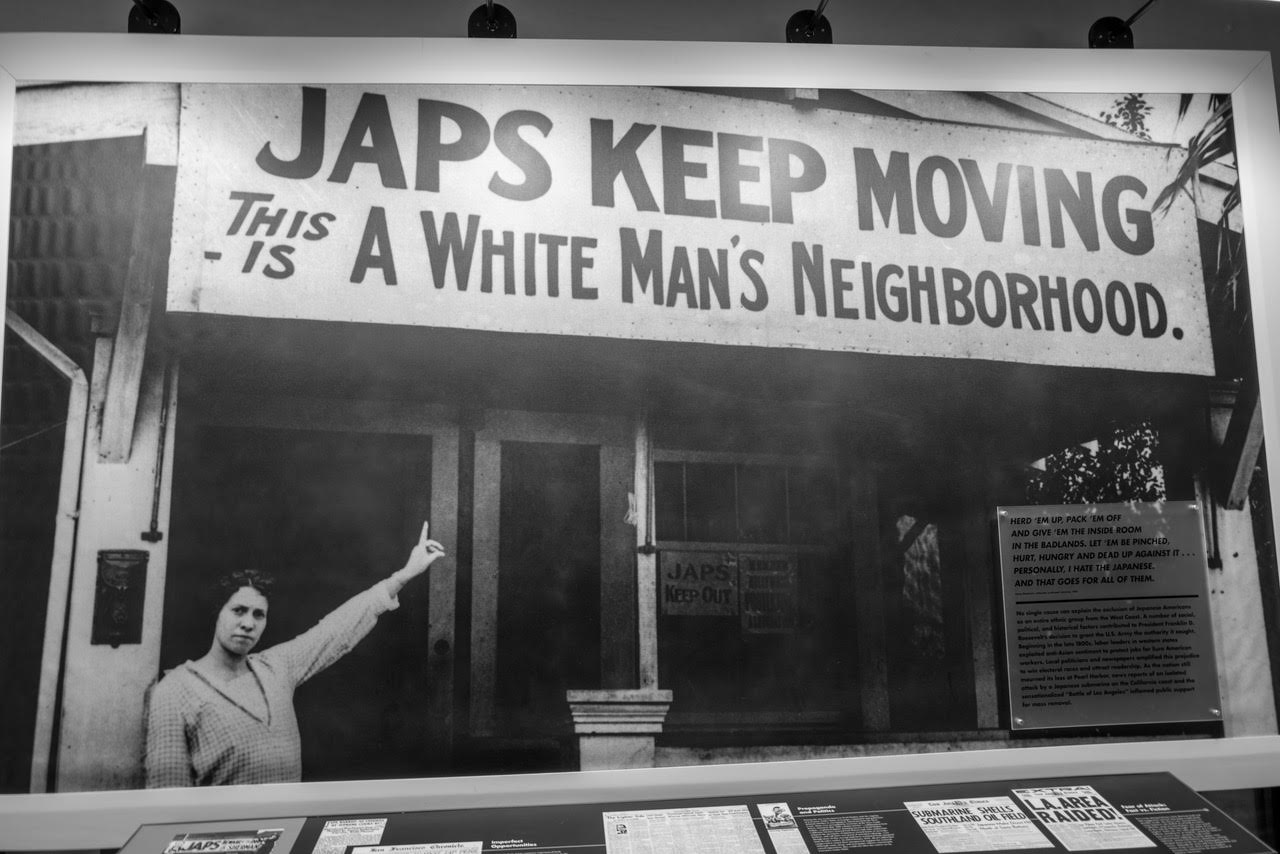
Quinci LeGardye | California Black Media
On Feb. 12, after disability rights activists had blasted the state’s vaccine rollout for weeks, California officials made an announcement that might cool their criticisms.
Health officials announced that people suffering from COVID-19 co-morbidities or who are at higher risk of dying from the disease because of other medical conditions will be eligible for vaccination in March.
“Beginning March 15, healthcare providers may use their clinical judgement to vaccinate individuals age 16-64 who are deemed to be at the very highest risk for morbidity and mortality from COVID-19,” read the California Department of Public Health bulletin.
According to the updated guidelines, beginning next month, healthcare providers can vaccinate individuals with certain high-risk underlying medical conditions, including cancer, chronic kidney disease at stage 4 or above, chronic pulmonary disease, Down syndrome, immunocompromised state from an organ transplant, pregnancy, sickle cell disease, heart failure, coronary artery disease, cardiomyopathies (excluding hypertension), severe obesity and Type 2 diabetes mellitus.
The guidelines also include individuals with developmental disabilities or other severe-high risk disabilities for whom catching COVID-19 will limit their ability to receive ongoing care vital to their well-being, or for whom providing adequate and timely COVID care would be particularly challenging.
Officials estimate that the change will open eligibility to 4 to 6 million more people once it goes into effect, bringing the total amount of eligible Californians from an estimated 17 million to 19 million people. According to California Health and Human Services Secretary Dr. Mark Ghaly, implementation and verification details were still being sorted out as of Feb. 12.
Previously, Gov. Gavin Newsom had announced that the state would shift to an age-based eligibility structure after the current Phase 1a and 1b tiers, which prioritize healthcare workers, certain essential workers and older Californians. The announcement was met with criticism from multiple disability rights advocates,
who were concerned that younger people with disabilities would remain de-prioritized even though they were high-risk.
At the beginning of February, the state launched a high-level task force which included members from the departments of Aging, Disability Services and Health and Human Services, to determine logistics for how Californians with disabilities and underlying health conditions would be prioritized, based on a proposal by the state’s vaccine advisory committee. The task force had announced that it would make its official recommendation in a meeting last week.
Andy Imparato of Disability Rights California, who also serves on the state’s vaccine advisory committee, said, “There’s no question that there’s going to be a lot of challenges, but there’s also no question that this new policy is dramatically better. This creates a safety valve for people under 65 who have a high morbidity risk from COVID.”
Several disability rights advocates held a conference Feb. 10, before the eligibility change announcement, calling for a plan to give people living with disabilities access to the vaccines sooner.
“We are waiting for that specific plan, we believe we can make that plan happen. There are a lot of resources in the disability community to make that plan work very seamlessly,” said Judy Mark, president of Disability Voices United.






